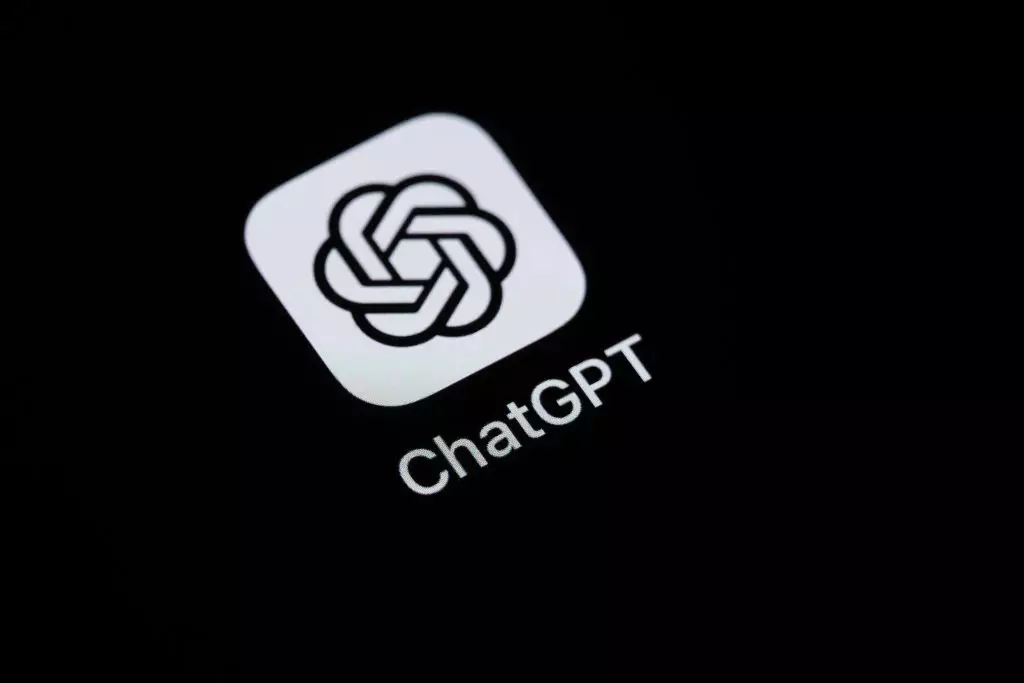OpenAI’s ChatGPT search feature has experienced a remarkable surge in user engagement across Europe, reflecting a growing appetite for AI-powered information retrieval. According to data from OpenAI Ireland Limited, the average monthly active recipients soared to about 41.3 million between October 2024 and March 2025, a staggering increase from 11.2 million in the previous six-month span. This rise indicates a significant transition in how users seek information, showcasing a shift from traditional search engines towards AI-assisted platforms that promise more personalized and interactive experiences.
This rapid growth is indicative of a broader trend in which consumers are increasingly willing to embrace alternative tools for information discovery. The appeal of ChatGPT lies in its conversational interface and ability to deliver tailored insights, thereby making it more than just a search engine but rather an interactive digital assistant. As the digital landscape evolves, tools that prioritize user engagement and offer immediate answers are likely to gain traction, aligning with a society that increasingly demands instant gratification and relevance.
Navigating Regulatory Challenges
As ChatGPT search continues to grow, it faces the inevitable scrutiny of regulatory frameworks like the European Union’s Digital Services Act (DSA). This legislation mandates that platforms with significant user bases must offer greater transparency in their operations, which includes allowing users to opt out of recommendation systems and profiling. OpenAI’s commitment to publishing user engagement data to comply with DSA standards demonstrates its proactive approach to integrating ethical practices within its business model. However, it also indicates that as OpenAI navigates this regulatory landscape, it must remain vigilant to avoid penalties that could drastically affect its operations.
The DSA imposes strict requirements on platforms with over 45 million average monthly users, suggesting that ChatGPT search could soon fall into such a category if its growth trajectory continues. This means that OpenAI must not only expand its user base but also ensure compliance, which adds a layer of complexity to its rapid expansion strategy. The prospect of fines up to 6% of global turnover for non-compliance serves as a harsh reminder that even digital innovators are subject to accountability in a regulated market.
Competition with Established Giants
While ChatGPT search makes inroads against traditional search engines like Google, the competition remains fierce. According to recent polls, around 8% of users preferred ChatGPT as their primary search engine, a figure that, while promising, still pales in comparison to Google’s dominance. Estimates suggest that Google’s search volume outpaces ChatGPT by a factor of 373, underscoring the challenge that AI-driven platforms face in capturing significant market share.
Interestingly, researchers have pointed out that while ChatGPT search offers innovative functionalities, it often struggles with reliability compared to conventional search engines. This raises essential questions about the future of AI-search hybrid systems: will they elevate the standard of information retrieval, or will they merely serve as a novelty? As users become accustomed to the nuances of AI-generated responses, expectations will rise, and the pressure to enhance reliability will compel platforms like ChatGPT to sharpen their algorithms continuously.
In this evolving landscape, the critical term remains “trust.” Users will gravitate towards platforms that not only meet their immediate information needs but also establish a reputation for accurate and credible responses. If ChatGPT search can navigate these challenges effectively, it may redefine the future of online information retrieval.

